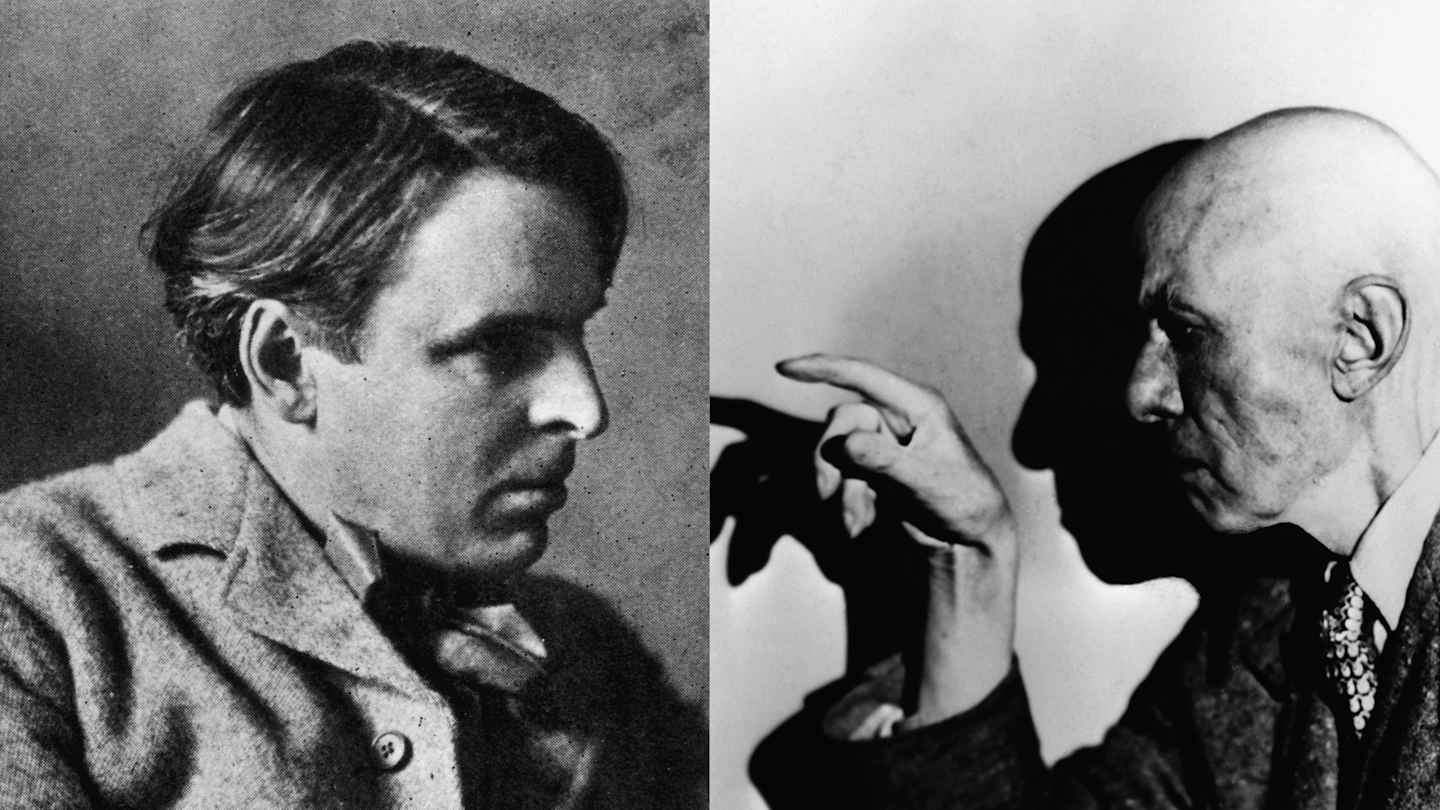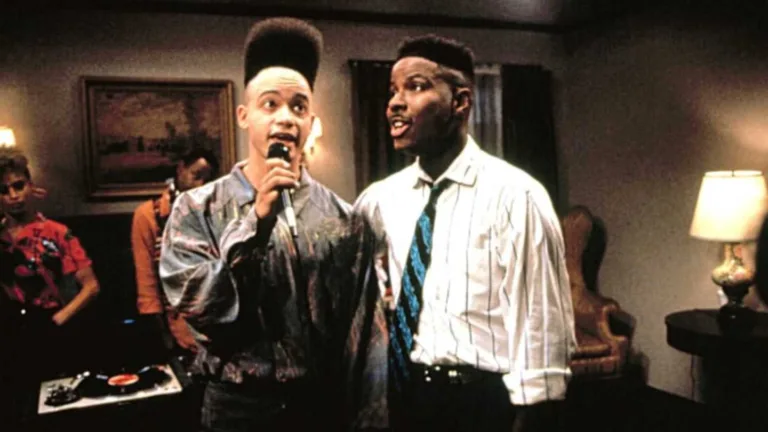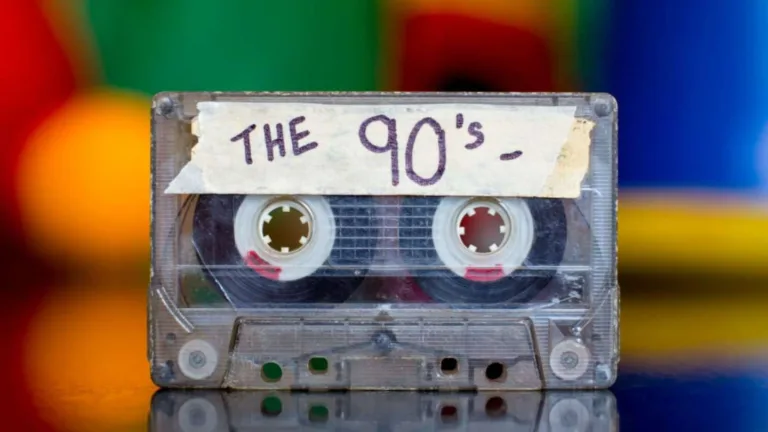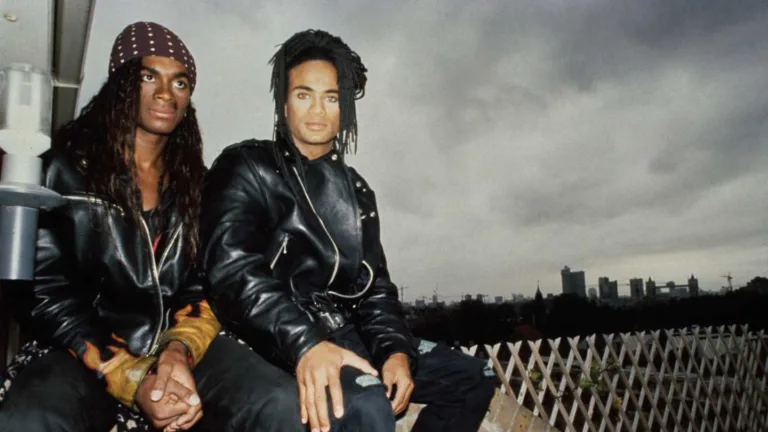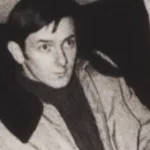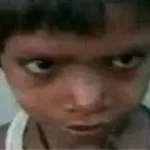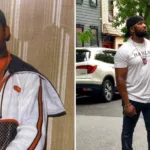The year 1900 witnessed a dramatic clash between two figures who captivated the imagination with their pursuit of the esoteric: William Butler Yeats, the celebrated Irish poet, and Aleister Crowley, the enigmatic occultist. Their paths had crossed before, fueled by mutual respect tinged with rivalry. But this time, their conflict transcended mere intellectual sparring and escalated into a physical confrontation Known As the Battle of Blythe Road. This event exposed the raw tension simmering beneath the surface of their shared fascination with magic and the occult.
At its core, the dispute centered on Crowley’s attempts to reclaim documents belonging to The Hermetic Order Of The Golden Dawn, a secret society dedicated to exploring Esoteric Knowledge. Crowley had been expelled from the Order for his unorthodox practices, yet he remained deeply invested in Its Secrets. Armed with daggers and fueled by magical spells devised by Macgregor Mathers, the Order’s founder, Crowley confronted Yeats and other members at their London headquarters.
This confrontation was a clash of ideologies as much as it was a physical brawl. Yeats, while interested in the occult, viewed magic through a more spiritual lens, emphasizing its connection to Irish mythology and folklore. Crowley, on the other hand, embraced a more radical and explicitly sexualized form of magic, drawn to its power over the Material World. The resulting struggle highlighted the diverse interpretations of magical practice within this Influential Group, leaving a lasting impact on both men’s lives and legacies.
The Golden Dawn Rivalry
The seeds of the battle were sown within the esoteric circles of The Hermetic Order Of The Golden Dawn. Founded in Victorian England, this secret society attracted intellectuals and artists drawn to its teachings on magic, mysticism, and Kabbalah. Both Yeats and Crowley were members, initially finding common ground in their fascination with these ancient practices. However, Their Approaches Diverged Significantly. Yeats sought a more poetic and symbolic understanding of magic, deeply influenced by his Irish heritage and Celtic mythology. Crowley, conversely, embraced a more pragmatic and ritualistic approach, driven by a desire to harness magical forces for personal power and Even Worldly Influence.
This ideological divide gradually deepened into a personal rivalry. Crowley’s unorthodox practices and increasingly rebellious nature clashed with the Order’s More Conservative Traditions. He challenged established hierarchies, Openly Questioned Authority, and engaged in controversial rituals that Alienated Many Members, including Yeats. The tension reached its boiling point when Crowley was expelled from The Golden Dawn for his subversive activities. This expulsion fueled his resentment towards the Order and its leadership, setting the stage for the dramatic confrontation at Blythe Road.
Ultimately, the Battle of Blythe Road represented a culmination of their differing worldviews and personal animosities. It was a clash not just Between Two Individuals, but between two distinct visions of Magic Itself: one focused on spiritual exploration and the other on practical manipulation of Forces Beyond Human Comprehension.
Crowley’s Unorthodox Practices
Aleister Crowley’s magic was a tempestuous blend of tradition and innovation, often pushing the boundaries of accepted Mystical Practices. His approach to ritual magic drew heavily from ancient texts like the Kabbalah and grimoires, but he infused them with his own unique interpretations and daring experimentation. Crowley believed that magic wasn’t merely about manipulating symbols and incantations; it was a force as tangible As Any Physical Law, capable of shaping reality itself.
This belief led him to embrace practices considered unorthodox even within the Esoteric Circles He Frequented. He conducted rituals involving elaborate symbolism, Complex Invocations, and sometimes, Controversial Elements Like Sexual Magic. Crowley argued that sexuality held immense power, a conduit for channeling magical energy and achieving altered states of consciousness. His writings often explored this theme explicitly, sparking both fascination and outrage among Those Who Encountered His Work.
These bold pronouncements and audacious rituals ultimately led to his expulsion from The Hermetic Order Of The Golden Dawn. While some members found his ideas intriguing, many viewed them as blasphemous and a threat to the Order’s Established Traditions. Crowley, however, Remained Undeterred, seeing his expulsion not as a setback but as an opportunity to forge his own path in the world of magic, culminating in his infamous battle at Blythe Road with Yeats and Other Members.
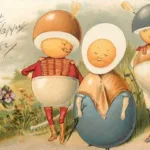 Weird Vintage Easter Cards: Quirky & Unexpected Designs
Weird Vintage Easter Cards: Quirky & Unexpected DesignsBlythe Road Confrontation
The air crackled with anticipation on that fateful day in 1900 when Crowley arrived at the Golden Dawn headquarters on Blythe Road. He wasn’t there for polite conversation; he was armed with daggers and fueled by a potent mix of belief and fury, determined to reclaim documents he deemed Rightfully His. The confrontation began as a verbal battle, accusations flying between Crowley and Yeats, both men entrenched in their convictions. Crowley, always the showman, likely relished the dramatic tension, but Yeats, though a literary lion, was no stranger to physical conflict.
The escalating argument quickly spilled into a chaotic free-for-all. Magical spells were hurled alongside punches and kicks, turning the stately headquarters into a Surreal Battleground. Accounts vary on the specifics of the brawl, but it’s clear that both sides fought with unexpected ferocity fueled by their belief in magical efficacy. Crowley, known for his physical prowess and ruthlessness, certainly wouldn’T Have Backed Down Easily. Yet, Yeats, bolstered by his fellow Golden Dawn members, managed to outmaneuver Crowley, ultimately kicking him down a flight of stairs.
Despite the raw chaos, the battle ended abruptly with Crowley nursing his wounds and calling the police to prevent a return visit From His Adversaries. Though victorious in that particular clash, Neither Man Emerged Unscathed. The Blythe Road confrontation marked a definitive break between them and solidified their opposing stances within the esoteric world. It served as a stark reminder that even those who sought enlightenment through mystical means could descend into primal conflict when driven by personal ambition, resentment, or a fervent belief in their Own Magical Superiority.
Magical Duel and Physical Combat
The Blythe Road confrontation wasn’t just a physical brawl; it was a clash of wills fueled by both mundane and mystical energies. Both Yeats and Crowley believed in the power of magic, Though Their Approaches Differed Greatly. Yeats leaned towards a more poetic and symbolic understanding, while Crowley sought to harness magic as a tangible force for personal gain and influence.
During the chaotic struggle, it’s said that spells were hurled alongside punches and kicks, blurring the lines between physical combat and magical duel. Accounts vary on the specific incantations or rituals performed, but the idea itself adds a layer of surrealism to this already Bizarre Event. Imagine Yeats reciting verses from Celtic Mythology While Dodging Crowley’S Dagger Thrusts, both men believing their words held power over the other’s fate.
This blend of magical fervor and physical violence created a scene both terrifying and strangely compelling. It speaks to the intensity of their rivalry and their deep-seated belief in the potency of magic. The battle at Blythe Road wasn’t just about territory or stolen documents; it was a clash of ideologies, a test of strength, and a testament to the unwavering conviction these two men held in Their Chosen Paths.
Echoes of the Battle
The echoes of The Blythe Road confrontation reverberated through both Yeats’ and Crowley’s lives long after the dust settled. Though neither man spoke openly about the event in later years, it undeniably cast a shadow over Their Paths, serving as a constant reminder of Their Tumultuous Encounter. Yeats continued to explore themes of magic and spiritualism in his poetry, but with a renewed sense of caution, perhaps reflecting on the dangers of unchecked ambition and the blurred lines between belief and reality.
Crowley, meanwhile, embraced the notoriety of the battle, often weaving it into his own narratives and self-mythologizing. He portrayed himself as a fearless warrior battling against the forces of orthodoxy and stagnation, further solidifying his image as a controversial rebel in the world of occultism. While their personal paths diverged dramatically after Blythe Road, both men remained deeply embedded in the history of magic and its enduring power to captivate and confound.
The event itself serves as a potent reminder that even those who seek enlightenment through esoteric means are not immune to the primal instincts that drive human conflict. It stands as a cautionary tale about the dangers of unchecked ambition, the seductive allure of magical power, and the complex interplay between belief, reality, and personal motivation.
More for curious minds
Unlock extra content and exclusive deals tailored to your interests.

